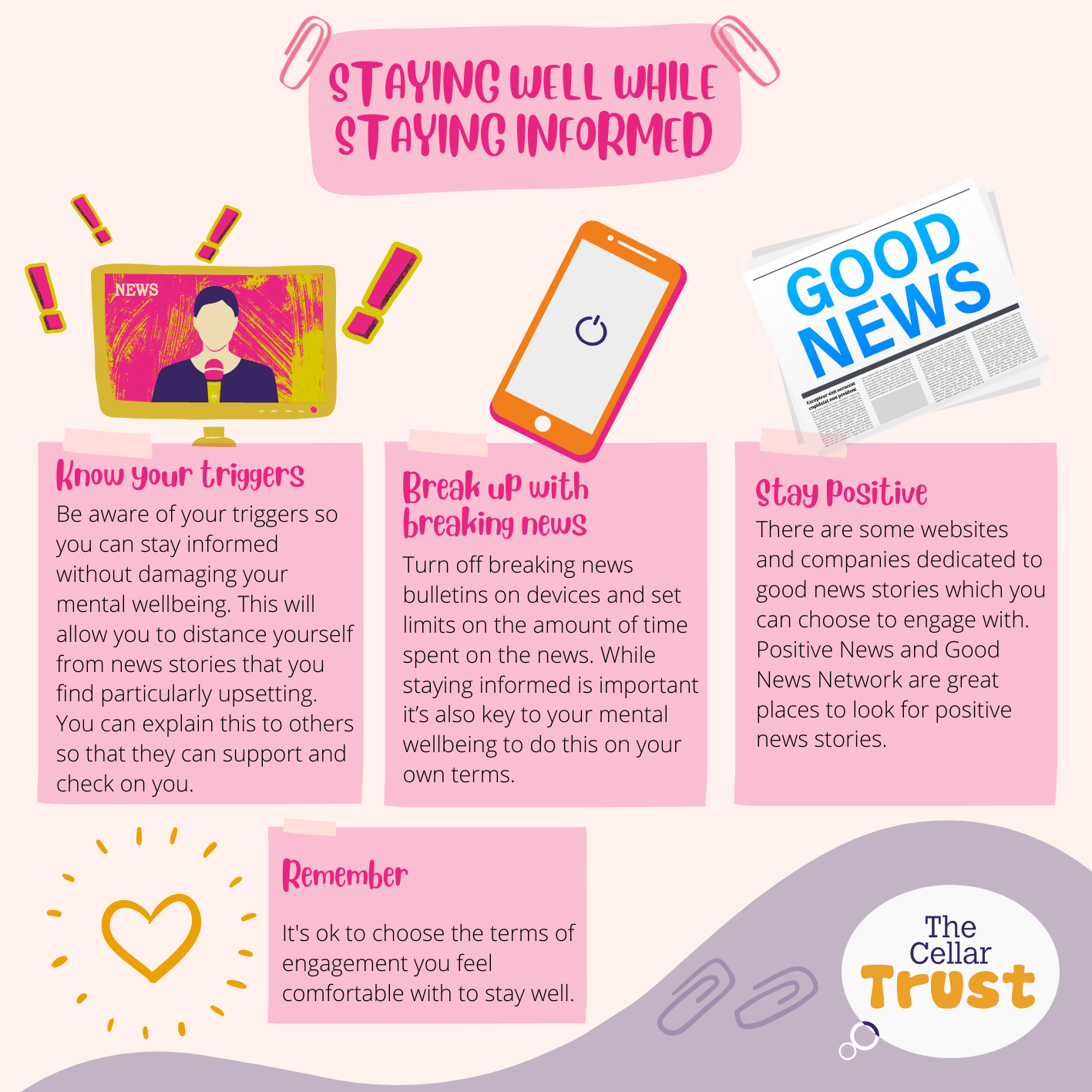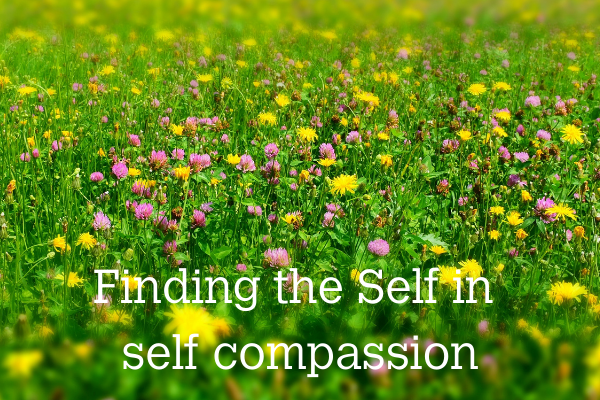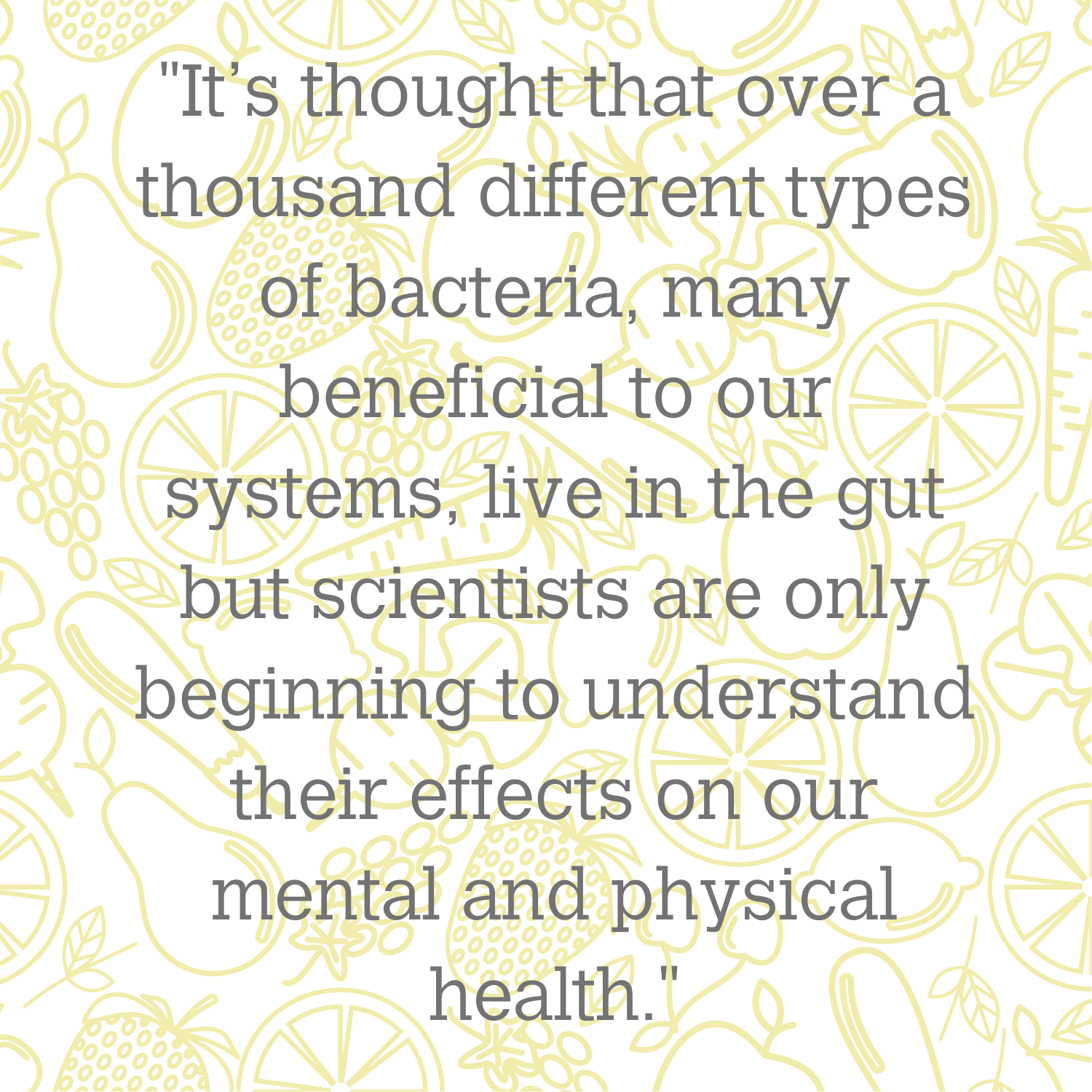Written by Aaliyah
Two years ago, the idea of “Covid-19” seemed surreal but fast forward two years and it now seems somewhat “surreal” and difficult to recall life before Covid-19. I think its fair to say the last few years have been extremely difficult on all levels – emotionally, mentally physically and psychologically. Despite the pandemic being a universal and socially shared experience some of us have never felt so far apart. Distant from the world, from the future, from our loved ones but most importantly distant from ourselves. Even if we remove Covid-19 from the mix, life has its own events which it throws at us such as bereavement, financial difficulties, relationship struggles etc. Amongst these various events we can often feel weighed down and experience unpleasant emotions such as anger, anxiety, guilt, disgust and shame. It can be difficult to come to terms with or even acknowledge these emotions and before we know it, we can be left feeling overwhelmed, exhausted or in my own experience “burnt out”.
Whilst we may see this in a negative light I believe it doesn’t always have to be a “bad thing”. Not at all! If anything in these last few years I have come to change my mindset and think perhaps this is the body and minds way of protecting themselves. These defensive emotions aren’t always “bad”. Rather they can simply be triggered by our bodies as a way of dealing with all our stressors, worries and concerns. When these emotions arise to the surface we often feel sad, burdened and even ‘defeated’. However, I have started to learn if we take a step back and become more observant and understanding of our emotions we can then re-direct our thinking to focus on more helpful and happy things. During times of fear and uncertainty one way for me to navigate my emotions and gain a sense of control has been through the practice of “self-compassion”. By practicing to be kinder and less harsh on myself I have learnt to feel less anxious and more assured in my day to day life. Now of course self-compassion isn’t like a magic wand which you can remove all of life’s problems but what it can do is help you feel more safe, secure and at peace with yourself and even others.
At this point you must be thinking “So what is this “self-compassion”?”. Well it can be as simple as it sounds! I believe it can be a skill, something which you can practice and grow. It’s the act of being sensitive to your own hardship and the hardship of others but also wanting to relieve this hardship by promoting kindness, warmth and helpful emotions or thoughts. I think it is important to know being kind to yourself doesn’t necessarily mean you are weak or needy, a misconception I once had. I have come to learn being self-compassionate can actually help you establish boundaries and understand your inner self better so you are able to live in a way in which you feel more fulfilled and positive.
Now the important question… How do we actually practice self-compassion? I don’t think there is one strict formula to follow. I’m still well on my way to understanding self-compassion better myself but for me it was simply finding new hobbies in the form of painting or re-sparking an old an existing passion by getting back into baking. For me it involves doing something I like, something I enjoy and something which helps me feel relaxed and in the moment. For you it can also be as simple as tapping into little moments where you are kind, nurturing and caring to yourself. This could be anything ranging from reading, gardening, meditation to learning an instrument, starting a new sport or joining a club. Everyone has that something which helps them feel happy or brings them a sense of peace. Something you can do no matter what the weather is or what time of year it is. Once you find that private little thing which brings you joy, its important to hold onto that.
Apart from having a physical aspect, self-compassion can also come in other forms. It can involve being more in touch with your emotions. We often find ourselves focusing on our physical bodily needs which is a great form of self-compassion but it is also important that we don’t ignore our mental, emotional and psychological needs. It’s good to have a balance as we often find our mental needs come hand in hand with our physical needs. By taking the time to observe and pay attention to how you feel and what that feeling means to you, you can come to understand your personal needs and how to cater to them. For me when I’m having a bad day I now try to notice warning signs such as my mood slipping and acknowledge this rather than brushing it off. I find it is important to try to step back and say “I don’t feel too good right now and that’s okay. I need some time to myself to do something I enjoy and to work on this so I can understand why I feel like this”. You can also try to practice this positive talk through mindfulness techniques or compassionate exercises (these can be found through the references below). Rather than being harsh on yourself you can learn to have a more compassionate space for any unpleasant feelings. Of course, this isn’t always easy and is something which will come with time, patience and encouragement. Remember you are allowed to be a ‘masterpiece and a work in progress simultaneously.’
For decades, research and psychologists have suggested practicing simple self-compassion techniques in our daily lives can help increase our wellbeing, resilience, motivation and drive while reducing self-criticism, self-doubt and worry. I am a big advocate for self-compassion. By learning to be kinder to myself, understand my thoughts, feelings and behaviour I have learnt to nourish, flourish and ground myself in these difficult times – and so can you! Learning to understand your mind, body and soul is not an easy journey but it is a meaningful one. Try to take a step back from time to time to focus on the journey and not the destination.
As this comes to an end it doesn’t have to be the end! Please know that this is just my own reflection of self-compassion and the meaning I have extracted from my personal research. However, if you are interested in exploring self-compassion some more, below are some useful sources to help you get started:
Useful References:
https://self-compassion.org/
https://www.getselfhelp.co.uk/docs/GILBERT-COMPASSION-HANDOUT.pdf
The Compassionate Mind (by Paul Gilbert)





